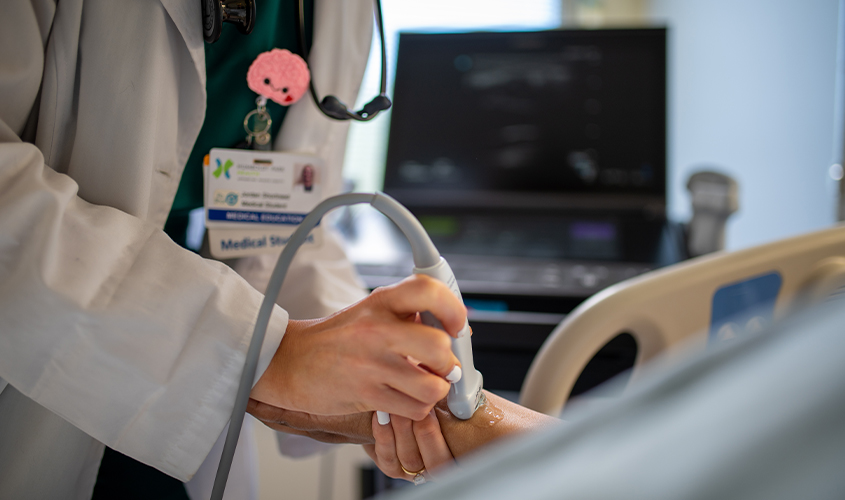
For those who celebrated their residency placements this past Match Day, the wait to begin the next step of their medical career is finally over. July typically marks the start of residency, and in the weeks between Match Day and this month, soon-to-be interns wait with anticipatory excitement.
With this wait comes questions and worries, but no incoming class of residents is the first to embark on this journey and they certainly aren’t in it alone. There is always a community of more seasoned MDs available to turn to for wisdom and advice.
“Keep in touch with your alumni association so you can hear about get togethers at national specialty meetings, events in your region, and other fun things like periodic reunions for your class,” said Dr. John Madden, director of St. George’s University’s Office of Career Guidance and Student Development and an SGU graduate. “This will help you maintain the sense of community and support you built while attending medical school at SGU.”
One of the most valuable resources to incoming residents are those who have recently completed their intern year and can offer seasoned advice on how to best make the official transition from med student to MD. Check out what these SGU graduates had to say.
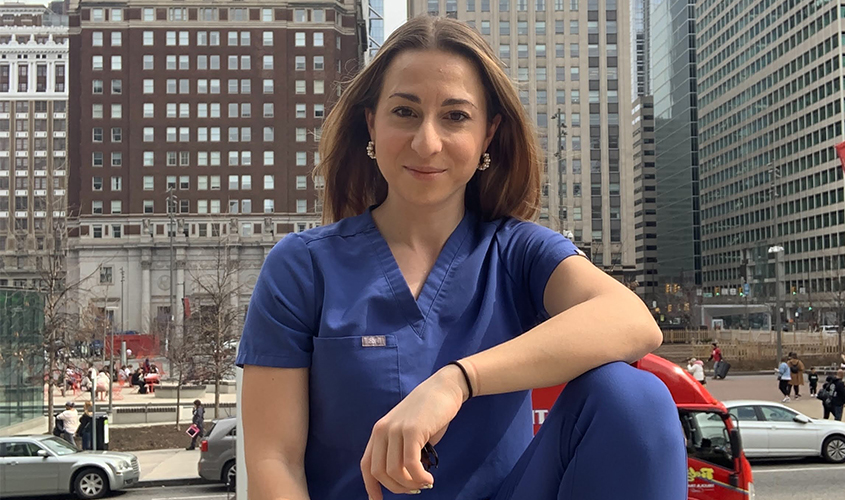
Kaitlyn McSurdy, MD ’20
Hometown: Ringtown, PA
Current position: PGY-3 internal medicine resident and soon-to-be chief resident
Hospital: Temple University Hospital
“Trust the process and don’t get bogged down comparing yourself to others. Don’t be afraid to ask for help when you need it—your seniors and attendings will trust you more if they know you’re not afraid to ask for help—and seek frequent feedback on how you can improve. Most importantly, despite the chaos of intern year and residency, never lose sight of why you chose this as your career.”
[av_testimonial_single src=’105558′ name=’Shelby Parker, Emergency Medicine at University of Rochester-Strong Memorial Hospital’ subtitle=” link=’http://’ linktext=” av_uid=’av-w4wg7v’]
“You will grow so much in just one year, and you will be so surprised when the next wave of interns comes in and they are looking to you for the same advice and guidance that you once received from your helpful colleagues.”
[/av_testimonial_single]
[/av_testimonials]
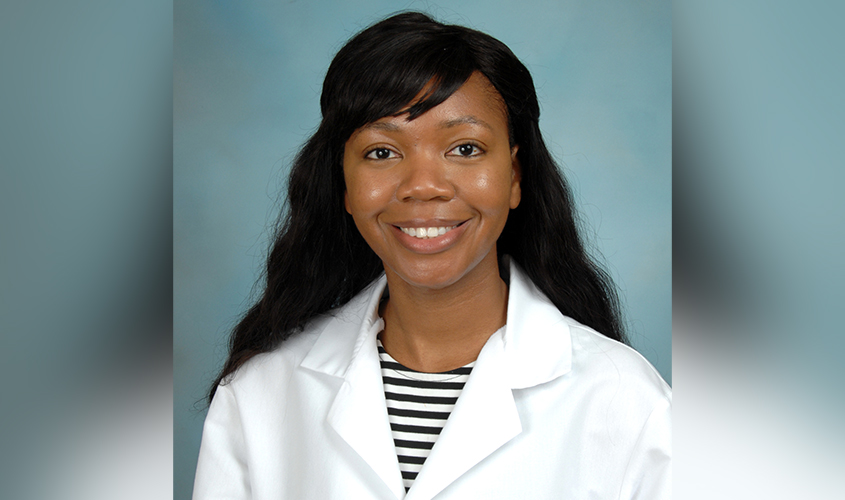
Olufunso Adeniran, MD ’21
Hometown: Long Island, NY
Current position: PGY-2 family medicine resident
Hospital: Case Western University Hospital
“The most important lesson that I’ve learned throughout my career is that having a positive attitude can help you go far.
Focus on being the best in the current stage you are in. Residency is a fast-paced environment with learners at all different stages. It’s so easy to compare yourself to more knowledgeable senior residents or even your attendings and beat yourself up for knowing less. But really there is no comparison. For you, the knowledge will come. Be patient with yourself. Your goal should be to become the best intern you can possibly be. A huge part of being an intern involves not knowing everything—not knowing most things actually—but as you try your best, read, and ask questions, you get better!”
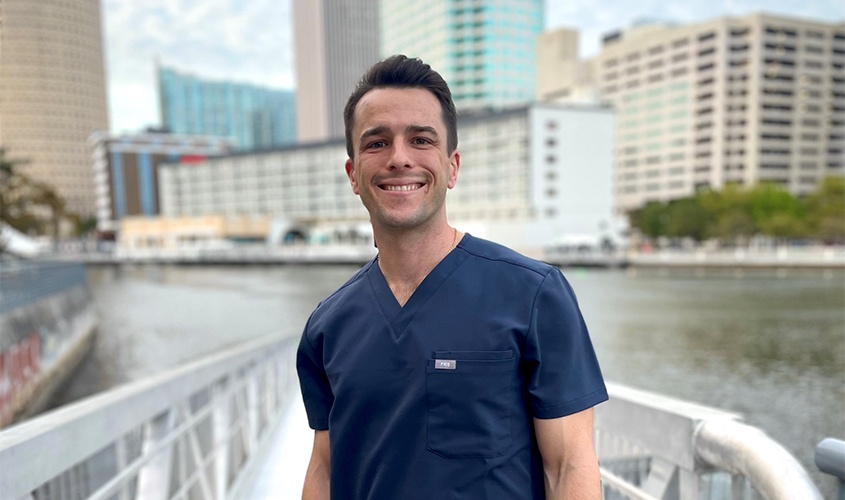
Christopher Reilly, MD ’20
Hometown: Hillsborough, NJ
Current position: PGY-3 emergency medicine resident
Hospital: HCA Florida Brandon Hospital
“You’re going to make mistakes. But the only way to progress is move forward and learn from them. Failure is necessary to become a better doctor. Remember that you have your senior residents, and your attendings, there for you when things aren’t going the way you planned. Keep that in mind.”
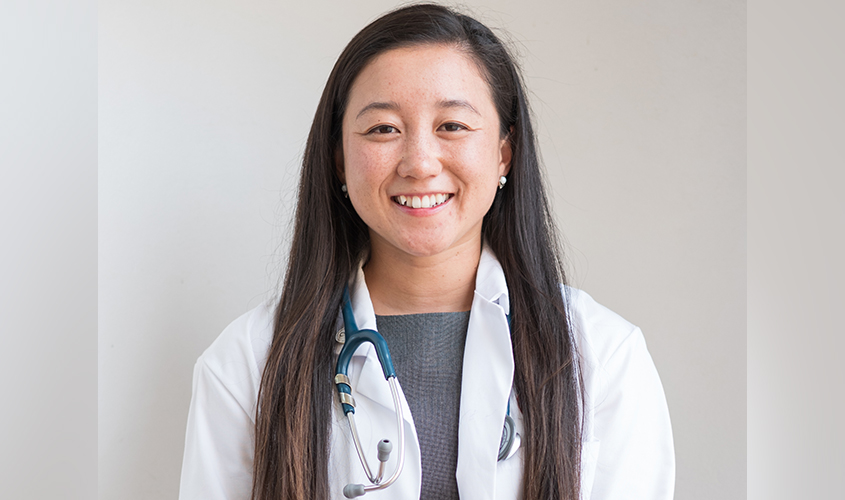
Hannah Nguyen, MD ’21
Hometown: Los Angeles, CA
Current position: PGY-2 psychiatry resident
Hospital: Arrowhead Regional Medical Center
“The most important thing I’ve learned throughout my career is to play to my strengths and work on my weaknesses. Taking this approach while studying, networking, and working will allow you to tap into your full potential.”
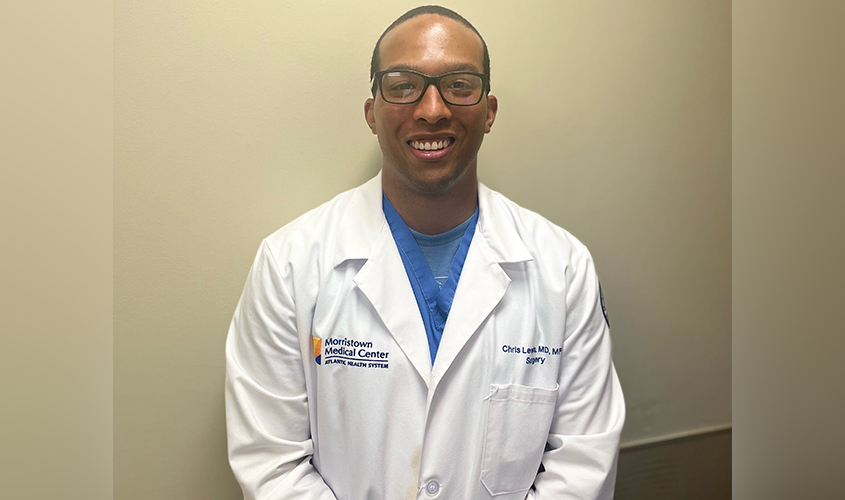
Chris Lewis, MD ’21
Hometown: Chicago, IL
Current position: PGY-2 general surgery resident
Hospital: Atlantic Health-Morristown Medical Center
“One piece of advice I would give to incoming residents is to take every day as a learning experience. There will be good days and some bad days, but the overall year will be full of learning whether you realize it or not. Make time for yourself. Setting aside some time outside of work to make sure you are doing something that you enjoy will drastically improve your mood and work ethic.
And finally, it is okay to be a bit nervous or intimidated with the responsibility. It’s natural and happens to everyone, whether they admit it or not. All it means is that you care for the patients and understand the responsibility that you have to do right by them.”

Shelby Parker, MD ’21
Hometown: Albuquerque, NM
Current position: PGY-2 emergency medicine resident
Hospital: University of Rochester-Strong Memorial Hospital
“Be honest with yourself about what you know and don’t know, and never hesitate to ask your senior, attending, or nursing colleagues for help. Everyone starts as a beginner, and your job during residency is to learn how to become a great doctor—no one expects you to know it all from day one. You will grow so much in just one year, and you will be so surprised when the next wave of interns comes in and they are looking to you for the same advice and guidance that you once received from your helpful colleagues. Also, always respect and thank your colleagues and consultants! We’re all in this together with a common goal of taking care of patients.”
—Sarah Stoss